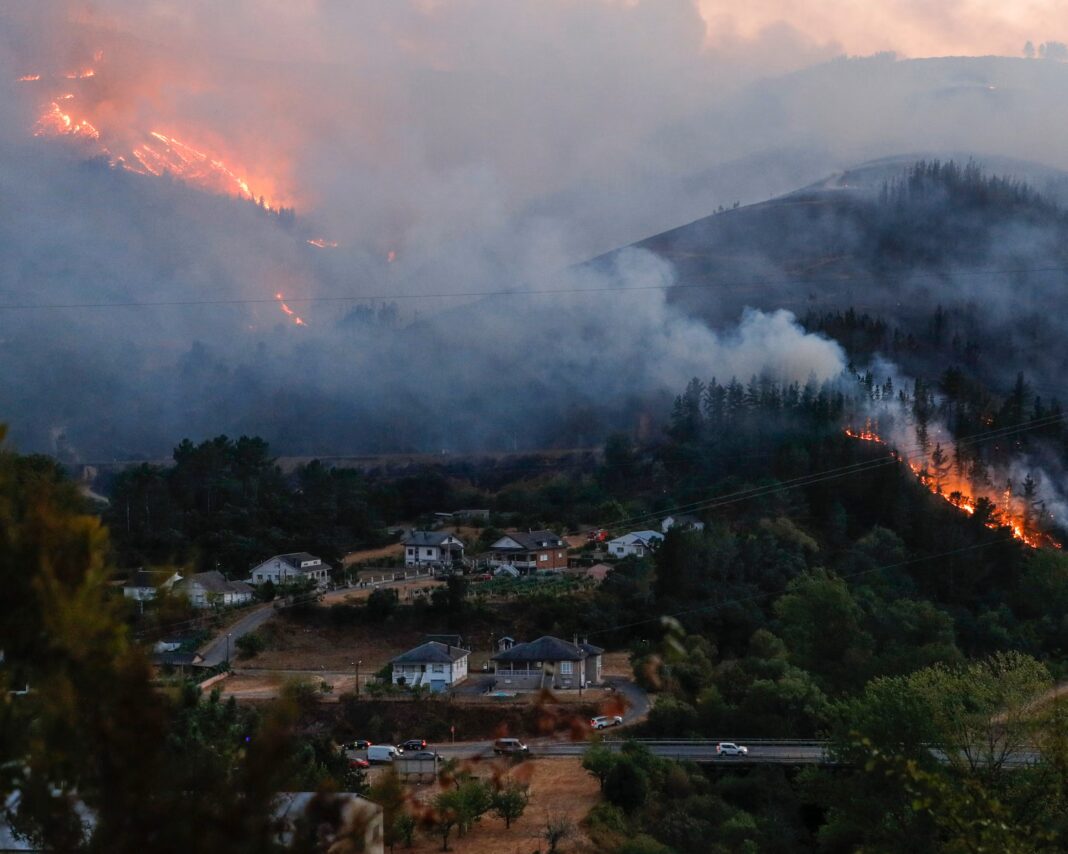The catastrophic wildfires that engulfed 500,000 hectares of the Iberian Peninsula last month were not just natural disasters — they were turbocharged by climate change.
New analysis from the World Weather Attribution network finds that the extreme weather fueling the blazes was made 40 times more likely by global heating. The fires, which scientists say were 30% more intense than in a preindustrial climate, reduced vast areas of land to ash within weeks.
In the past, such conditions might have occurred once every 500 years. Today, they are expected roughly every 15 years. The extreme heat itself was even more alarming: once a 1-in-2,500-year event, it is now projected every 13 years.
Beyond the climate signal, land use changes have worsened the risk. Rural abandonment across Mediterranean nations has left overgrown vegetation unmanaged, creating ready fuel for megafires.
Yet public debate has often underplayed the role of climate change. As David Garcia, a mathematician at the University of Alicante, notes: “Much less has been said about the effect of climate change on these fires, which, as has been demonstrated, has been immense.”
The message is stark: these fires are not isolated tragedies — they are symptoms of a heating planet. Without urgent global action, what was once extraordinary will soon become routine. Read More
News Credit: The Guardian
Picture Credit: Eliseo Trigo/EPA



